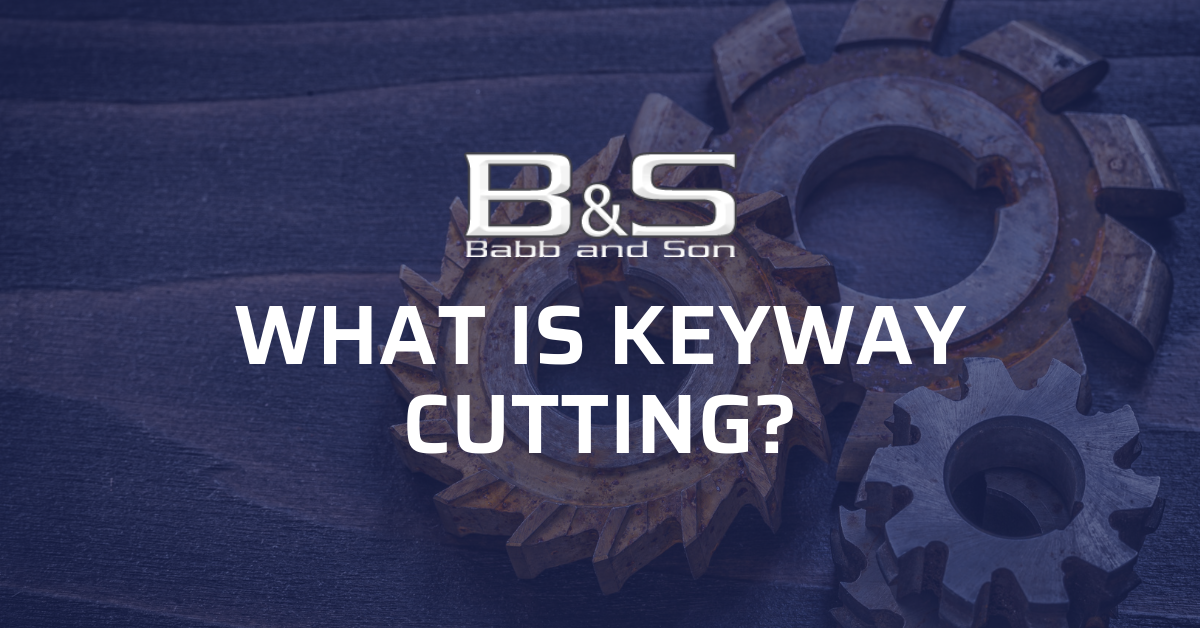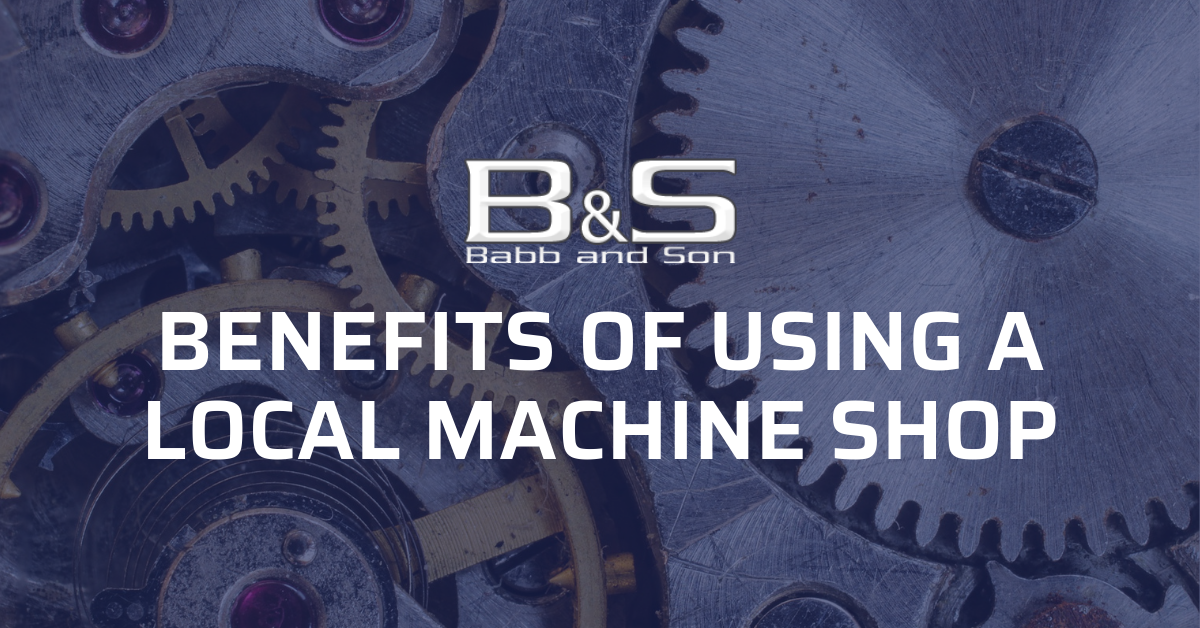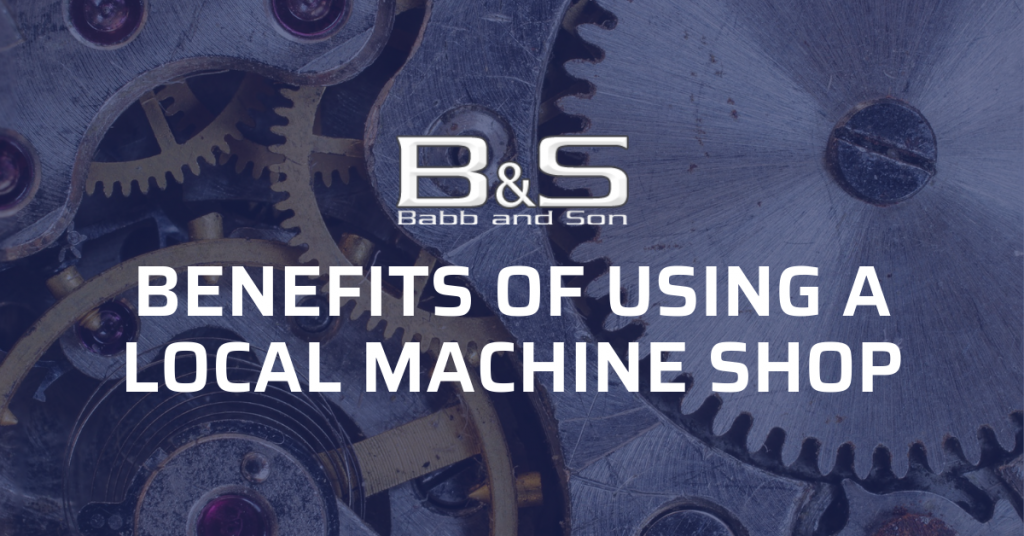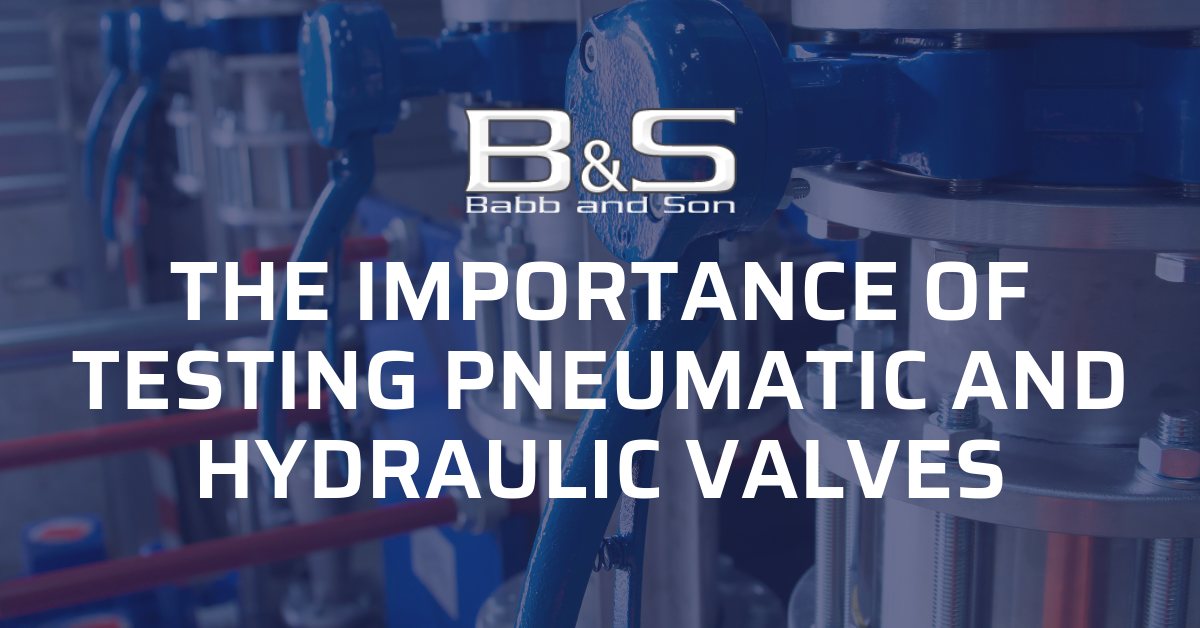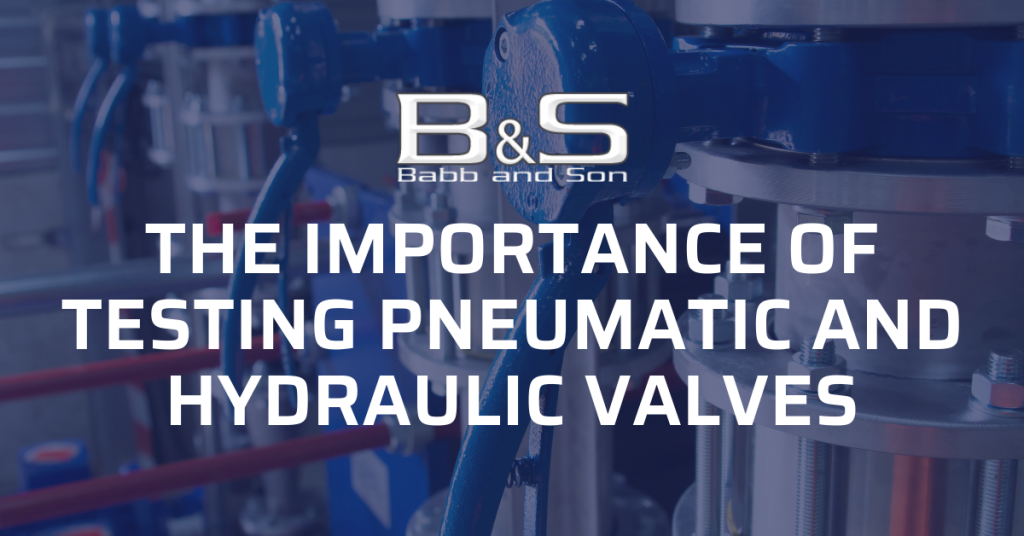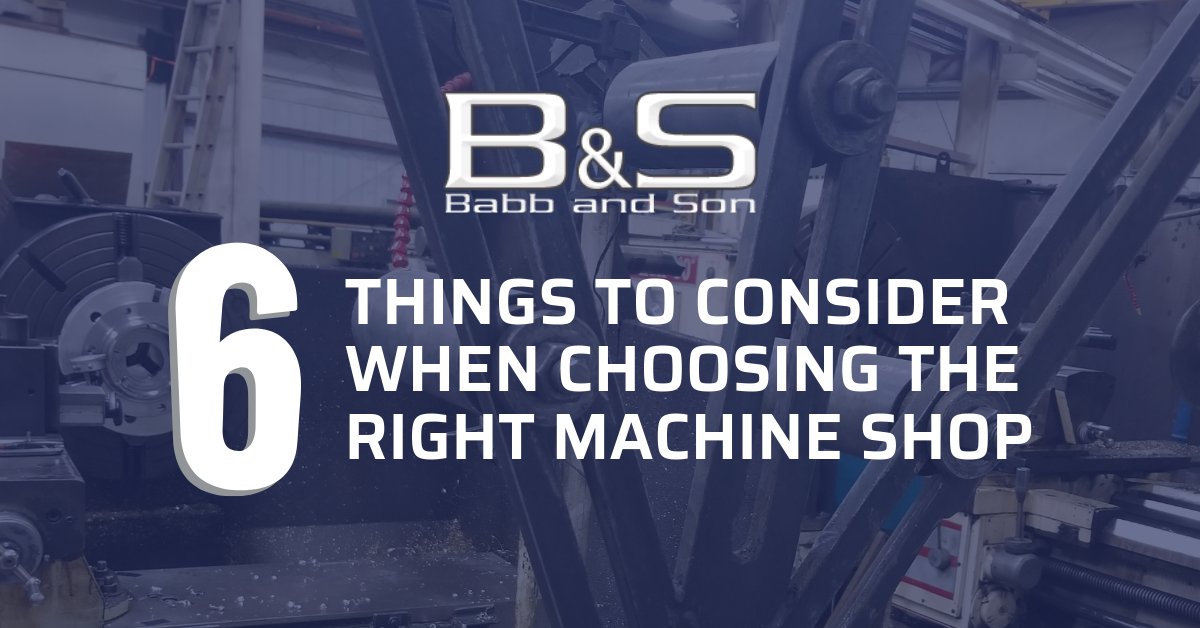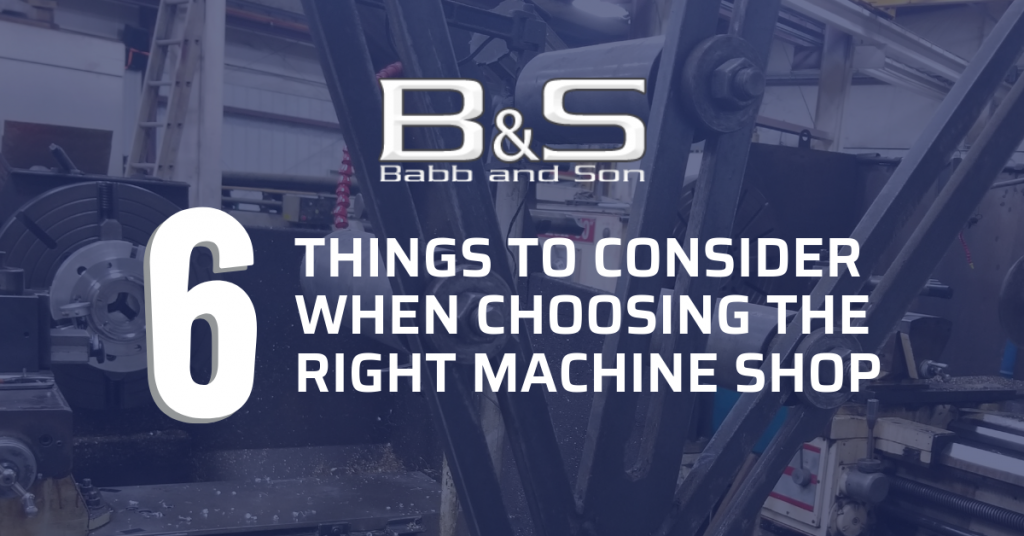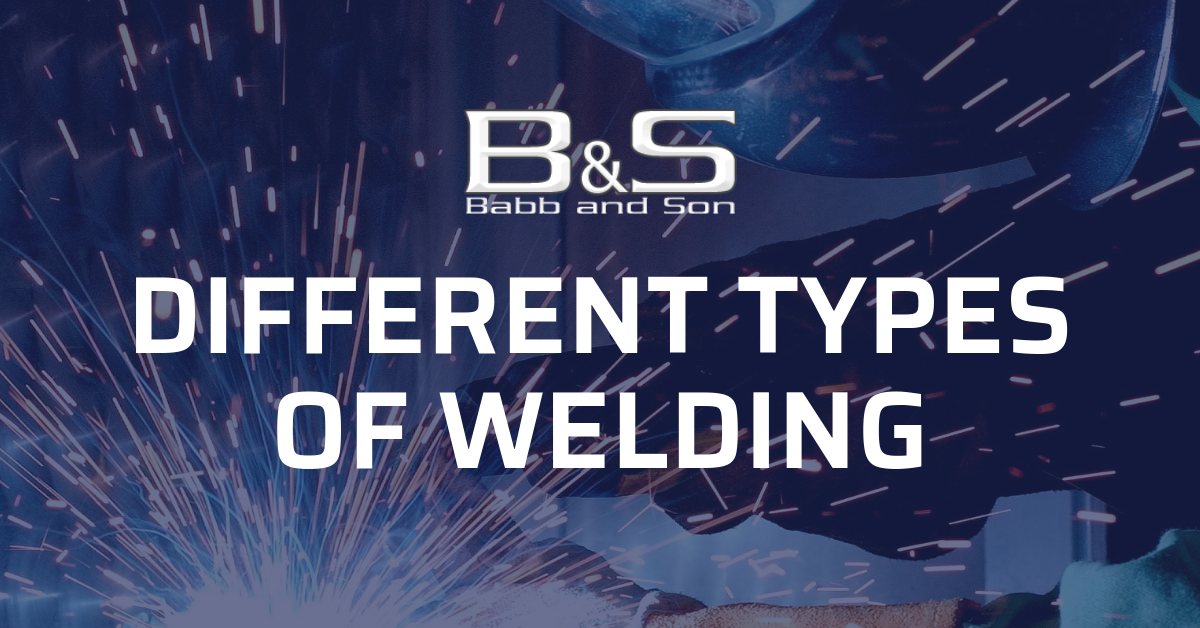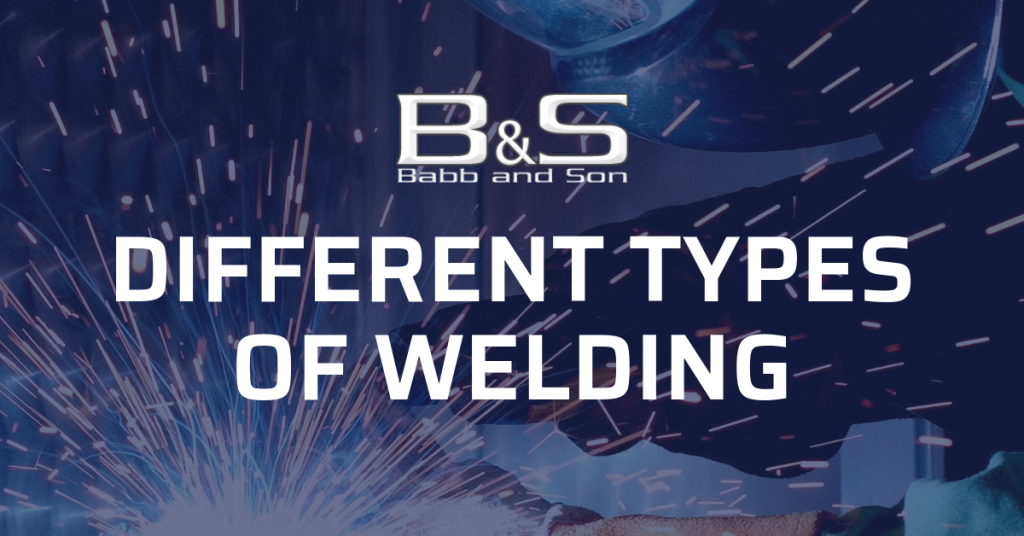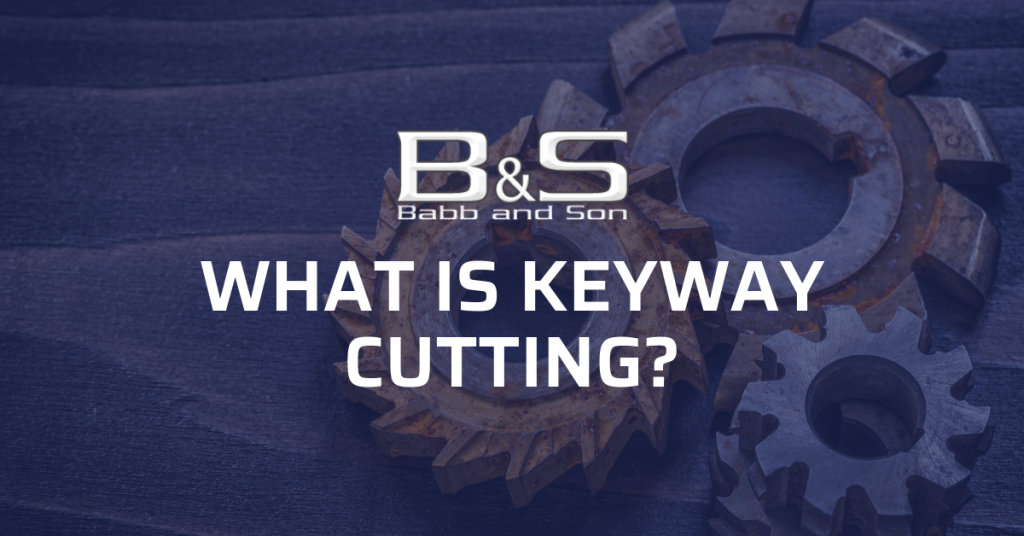
What is Keyway Cutting?
Today, most modern machines are comprised of rotating gears and pulleys. Whether it’s a car or a vacuum cleaner, most have rotating parts with a shaft fixed to a gear. Keyway cutting helps bond a gear or pulley to a shaft. Keep reading for more about the different ways to use the keyway-cutting method.
What is a Keyway?
When a gear, or something similar, needs to fit onto a rod or shaft and transfer force, in the form of rotation, a key helps accomplish this. A notch called a keyway is cut on the inside of the gear along with another notch cut, longways, into the shaft. Then and a piece, usually metal, called a key is inserted into the shaft keyway. The gear can then be fitted onto the shaft and the keyway on the gear will fit over the key, inserted in the shaft. This causes the shaft and gear to become locked together when rotating, thus transferring rotational force between the shaft and gear.
Tapered and Straight Bores
A pulley or gear can fit onto a shaft via a straight bore or a tapered bore. The engineer designing the machine will decide which is best for the application. The straight bore has a hole in the center of the gear or pulley that is the same diameter on both the front and back. The hole goes straight through. The tapered bore has a hole through the gear or pulley that has a different diameter on the front than the back; thus tapering inward or outward.
Cutting Parallel to a Tapered Bore
It is worth noting that a degree of difficulty lies in fitting a tapered bore with a keyway. Cutting parallel to the tapered bore is a task for the most trained professionals. When considering machining services, make sure the machine shop you choose has experience performing this service. This part of the build can make or break your project.
Other Keys Available
Many other types of keys are also used. The most simple type of key is called a square. It is a square-shaped rod of varying length. A flat key is a shorter version of the square. A dowel is a round, rod-like key. Similar to the square is a taper key, except it is tapered on one end. A feather key is much like the square as well, but it is rounded on each end. A gib-head key is a bit more complex, because it has a head on the larger of the two ends that prevents it from being inserted all the way. Lastly, the woodruff key has become more popular recently. It resembles a thick coin that has been cut in half.
If you need more assistance with keyway cutting, call us today at B & S Machine Shop. We have the professionals ready to handle any project.
The B & S manufacturing team is prepared to handle any of your parts and service requirements! Please review our extensive machinery inventory, which is housed in our 12,000-sq. ft building and supported by a staff that shares the same values to satisfy customer needs and requirements.
Give us a call at 251-928-5291 or visit bsmachineshop.com and allow us the opportunity to serve your Manufacturing and Machine Shop needs.

